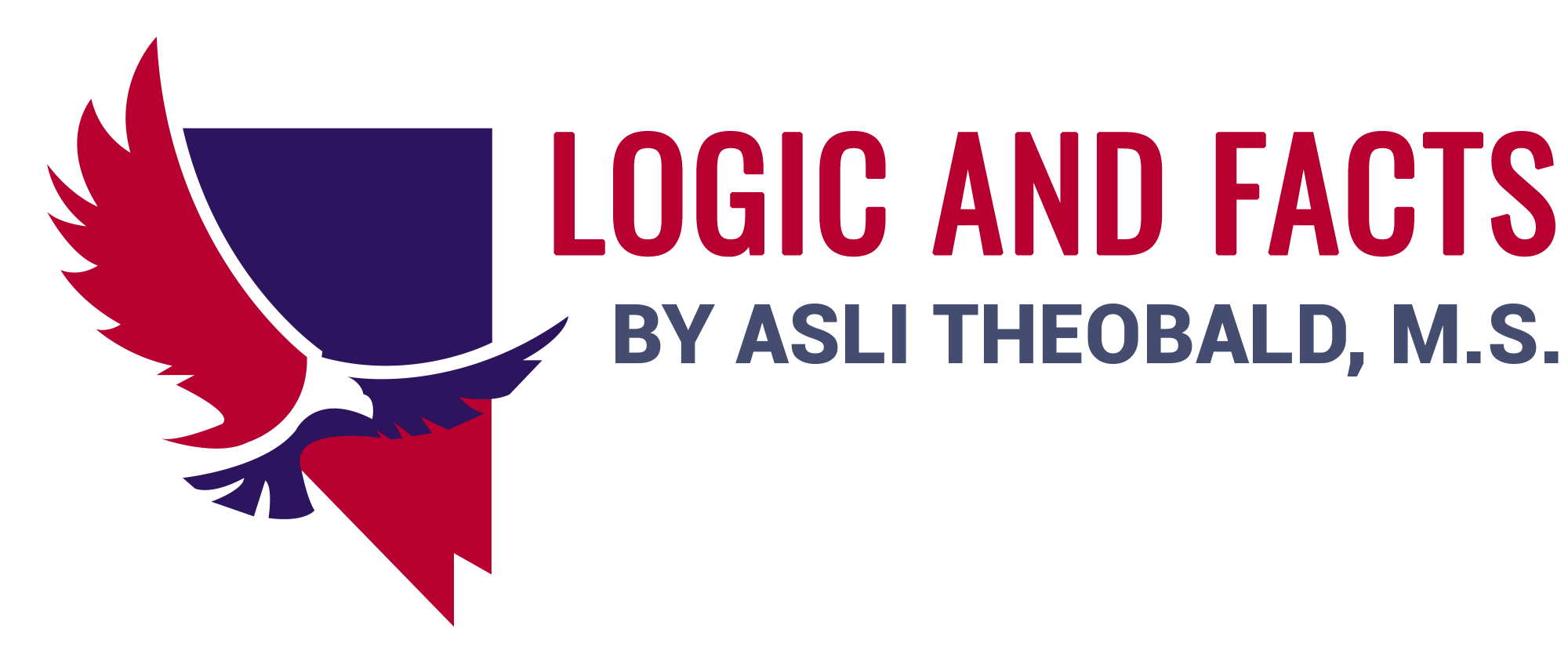KEY OPINION LEADERS (KOLS): SOFTWARE-MANAGED LARGE NETWORKS OF INFLUENTIAL EXPERTS TAKING PAYMENTS FROM BIG PHARMA SALES DEPARTMENTS
The incentives big pharma gives to successful medical experts to turn them into "product champions" of their sales force
If an influential medical expert were offered large sums of money to 'put in a good word' about a certain drug, medical device or procedure, could he resist if he believed that product was ineffective or harmful to people's health?
"Key opinion leaders were salespeople for us, and we would routinely measure the return on our investment, by tracking prescriptions before and after their presentations," explains Kimberly Elliott who has been a drug company sales representative for about 20 years, having worked for several global pharmaceutical companies including Westwood Squibb, SmithKline Beecham, and Novartis.
Who are these 'key opinion leaders' and how widespread is the practice of using them?
For the complete answer, I recommend reading after this exposition this horrifying case study of a top key opinion leader.
What key opinion leaders are can be understood by realizing that in today's incredibly corrupt medical system, medical experts and influential physicians are allowed to accept not only research funding, but also personal payments from the drug manufacturers. Worse yet, such personal payments sometimes come from the same drug company who's provided research funding to an influential expert. These personal payments often take the form of speaking fees, consulting fees and honoraria paid to help disseminate the mostly fake results of big-pharma-funded studies. The Pulitzer Prize-winning investigative newsroom ProPublica has determined that back in 2012, about 10% of researchers simultaneously accepted both research funding and personal payments for promotional speaking or consulting from the same drug maker. In their article titled "Double Dip: Doctors Paid to Advise, Promote Drug Companies That Fund Their Research," ProPublica states:
"more than 1,300 practitioners nationwide received both research money and speaking or consulting fees from the same drug maker in 2012. All told, they received more than $90 million in research grants — plus nearly $13 million for speaking engagements and another $4 million for consulting."
The common practice of paying physicians to promote pharmaceutical company products is elaborated in the paper “Key Opinion Leaders: Where They Come from and How That Affects the Drugs You Prescribe,” published in June 2009 in Dermatologic Therapy. This paper defines 'key opinion leaders' (KOLs) as follows:
Key opinion leaders (KOLs), also known as thought leaders, are the experts in their field upon whom we depend for original research leading to disease understanding and new therapies. We rely on them to write the articles, author the textbooks, and give the presentations that we absorb. […] KOLs have become intimately entwined with the marketing of pharmaceuticals and medical devices, used not only to lend credibility to claims of efficacy and safety but also to promote anecdotal and off-label use of these medications to increase industry profits.
The Dermatologic Therapy paper continues to describe the industry-built network of paid influencers having vested interests in ignoring the shortcomings or dangers of pharmaceutical products or procedures. The paper states, "Effective KOLs are now one of the primary marketing tools of the pharmaceutical and medical device industry," adding that the practice of using such key opinion leaders has become so commonplace that big pharma's KOL's are now being managed by specialized software-based companies. The paper states, "Identification and marketing of the KOLs themselves is being done more and more often by KOL management companies who are hired by industry to turn those involved in medical education and research into efficient and productive members of the sales force." The paper further describes:
How one becomes a KOL now starts the same as it always did, but at some point the young dermatologist is recognized by industry or companies that specialize in identifying potential KOLs and is groomed for success in the modern marketplace. No longer talking for free at focus sessions, researchers are paid to give talks at local and national meetings, still on areas of expertise, but primarily topics for which a new, reformulated, or redesigned drug or device is now available for purchase.
A July 14, 2015 paper published in the Canadian Medical Association Journal (CMAJ) describes:
Pharmaceutical companies have steadily increased their use of the KOL model of communication since the late 1950s. Data obtained under the US Physician Payments Sunshine Act for the last five months of 2013 show that drug companies made 55 000 payments of $400.00 or more for what appear to be speakers’ fees. An earlier survey reported that over 141000 physicians (one in every six) in the US had been a paid speaker for a pharmaceutical company.2 The situation in Canada and elsewhere is probably similar.
In a nation where 1 in every 6 physician has "been a paid speaker for a pharmaceutical company," hopefully your doctor isn't prescribing you the drugs or procedures praised to him by KOLs who couldn't resist taking payments offered to promote harmful or ineffective treatments.
The widespread practice of using KOL's in all medical fields is elaborated in the article “Key Opinion Leaders: Independent Experts or Drug Representatives in Disguise?” published in 2008 in the British Medical Journal (BMJ). This article quotes former drug company sales representative Kimberly Elliott who explains, "If that speaker didn’t make the impact the company was looking for, then you wouldn’t invite them back."
Thus if a KOL wanted to continue to receive future payments from a pharmaceutical company, he'd have to succeed at presenting the product in a way that would bring the company the best "return on investment," meaning that the most dishonest KOLs willing to lie most could get richest.
In the U.S medical system permitting drugs to be sold like used cars, the British Medical Journal (BMJ) article states, “Ms. Elliott says she would pay these respected doctors $2500 [...] for a single lecture, which was largely based on slides supplied by the company.” The article adds, “drug company marketing staff are urged to work routinely with key opinion leaders and try to make them into ‘product champions.’ ” How such "product champions" are created is further described as follows:
The first steps in recruiting and developing a set of opinion leaders are to “evaluate their views and influence potential;” build relationships with them; and then provide the doctors with “appropriate communications platforms” so they can “communicate on your behalf” with other doctors and the wider public […]
The former sales representative Ms. Elliott says drug companies desperately need key opinion leaders. “There are a lot of physicians who don’t believe what we as drug representatives say. If we have a KOL stand in front of them and say the same thing, they believe it.” […] Today she urges doctors who attend key opinion leader presentations to “take them with a grain of salt and go back and do your own research.”
The 2015 paper published in CMAJ affirms Elliot's statements, describing the drug-company-created presentations handed out to KOLs, also verifying the way pharmaceutical companies do measure their KOLs' return on investment. The paper states:
Just as companies devote considerable attention to managing KOLs, they also put effort into creating seemingly appropriate presentations, ones that include arguments for easy-to-remember and timely messages that will help convince physicians to prescribe their products. The companies frequently measure the effectiveness of their programs to track the return on their investments.
The BMJ article affirms that marketing drugs through hired experts is so common, numerous independent companies have developed software-based solutions to help manage the pharmaceutical industry’s key opinion leader networks. One such company is Veeva and another is KOL, Llc. The websites of these and other key opinion leader management companies are filled with scary-sounding phrases. For example, Veeva states that their software Veeva KOL Data allows “improving key opinion leader engagement as healthcare evolves.” For KOL, Llc., what their software accomplishes includes “influence mapping” and to “identify rising stars,” referring to physicians whose influence is on the rise.
Internet searches bring up countless additional companies offering key opinion leader management programs. These include Medical Device Success, Konectar KOL Management Platform, PharmARC, Dhruvsoft, Axtria, AKT Health Analytics, Inklab Medical Communications, Brandwidth Solutions and the list goes on, to indicate the widespread popularity of using industry-paid "product champions." In a world where software-based KOL management companies have multiplied like fruit flies, Axtria emphasizes, "Pharmaceutical companies heavily rely on key opinion leaders (KOLs) to create awareness about drugs and lend credibility to their products amongst the medical community." Inklab Medical Communications features an infographic stating the many purposes KOLs serve, which include influencing "The Politicians" and "influencing government health decisions." AKT Health Analytics state on their webpage "We provide data on nearly all facets of a KOL’s professional life. From Publications, Presentations, Trials, Grants, Patents, to Payment and Industry Activities, our profile data goes a mile deep enabling our clients to engage successfully with the KOLs." Brandwidth Solutions states:
"Incorporating a key opinion leader strategy in your overall marketing can be a very smart decision for healthcare, pharmaceutical and diagnostics companies. Think about it – who do you think will be top of mind when your target audience is ready to buy? It’s going to be the company that educated that audience."
All of this shows the extent to which the world is influenced by a huge network of software-managed big pharma business intermediaries masquerading as medical experts. Software-based key opinion leader management strategies may keep developing with the advancement of technology, for as long as this compromised healthcare system allows such corruption by a cesspool of vested interests, permitting the misleading of physicians and the public.
A much-underestimated, powerful way to help end the corruption
“Never underestimate the power of a small group of committed people to change the world. In fact, it is the only thing that ever has.”
Margaret Mead

